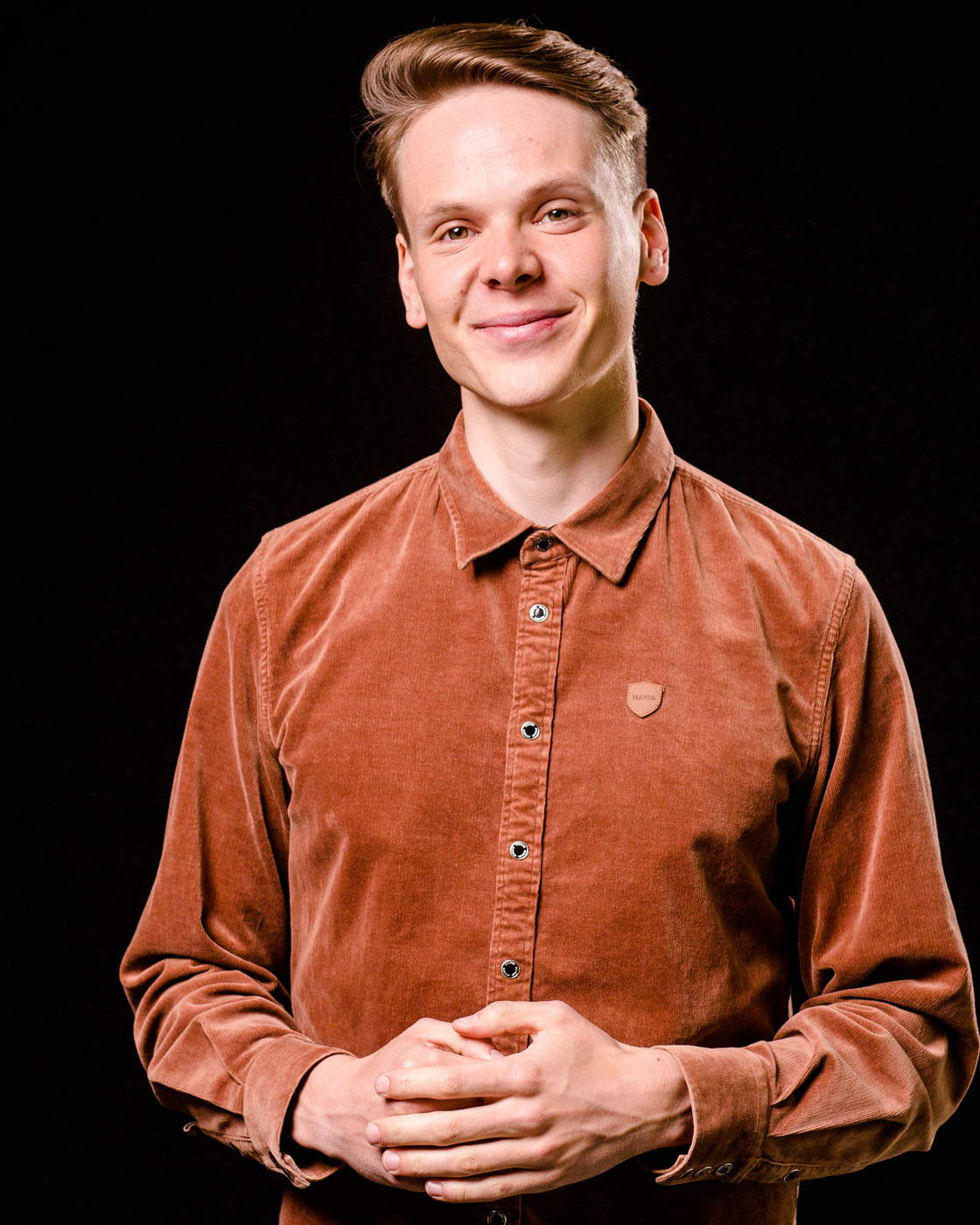Urban Farm Lab
Completed project January 2019-December 2019
During the project, a new kind of indoor food production centre was created at Metropolia University of Applied Sciences’ Vantaa campus, where different food production technologies were tested.
Food has a significant effect on the environment. Most of the climate impact of food comes from the use of fertilisers, farmed animal production and uncontrolled food waste.
In the future, urban food production will complement traditional field farming when the growing season is short, for example, in hot and dry areas, as well as in cold and dark areas. Population growth also forces us to seek new solutions alongside traditional food production to ensure food security. Urban food production reduces transportation distances and the need for packaging materials. In controlled conditions, nutrients are not leached into the environment, and the growing season is not limited to summer, so new potatoes could be grown all year round.
Urban farming is a future cultivation method that creates new circular economy solutions with the help of new food production technologies. At the Myyrmäki campus of Metropolia University of Applied Sciences in Vantaa, Sitra and five companies experimented with growing food in an industrial hall. The experiment was a continuation of a project involving Ultima, a circular economy restaurant.
What was achieved?
The project implemented a new indoor food production centre, the Urban Farm Lab, which serves as a learning environment for experts, companies and students. During the first trial phase of the testing laboratory, various food production technologies were tested in the facility.
During the project, growing method experiments were made with potatoes, hops, algae, herbs, lettuce, mushrooms, crickets and mealworms. The aeroponic and hydroponic growing methods used are based on hydroculture where plants take their nutrients directly from water instead of soil. A container of crickets was brought into the facility for conducting insect breeding experiments. During the project, the cricket container offered a favourable breeding and experimental environment not only for crickets but also for mealworms. However, at the end of the project, the construction of cultivation platforms was still a work in progress and the development work continues.
The project created a novel operating model for promoting and developing food production technologies to be integrated into Metropolia’s teaching. Thanks to the new operating model, the centre continues to act as an interesting research, development, innovation and learning environment for future food production. During the project, the students had opportunities to participate in several indoor food production trials and the building of the space and to collaborate with various companies. They also completed several theses, exercises and projects as part of their studies.
The Urban Farm Lab has been a unique experimental project that has attracted a great deal of national and international interest both in the media and among operators in the sector. The project has allowed companies, research institutes, cities and organisations in different fields to study and experiment with sustainable solutions for indoor food production. However, at the end of the project, the building of networks and co-operation models was still in its very early stages. The experimental environment also remained uncompleted.
Who participated?
The project was co-ordinated by Metropolia University of Applied Sciences. Sitra funded the project, and the project manager on Sitra’s side was Merja Rehn. Five start-ups were also involved: EntoCube Oy, Helsieni Oy, Little Garden Oy, Redono Oy and Siukkula Oy.
What next?
The activities and development of the Urban Farm Lab still continue. The next step is to make the business profitable and expand similar food production models to the industrial sector and export the technologies abroad. Over the next development phase, the aim is to start testing the use of production side streams in particular.

What was it about?